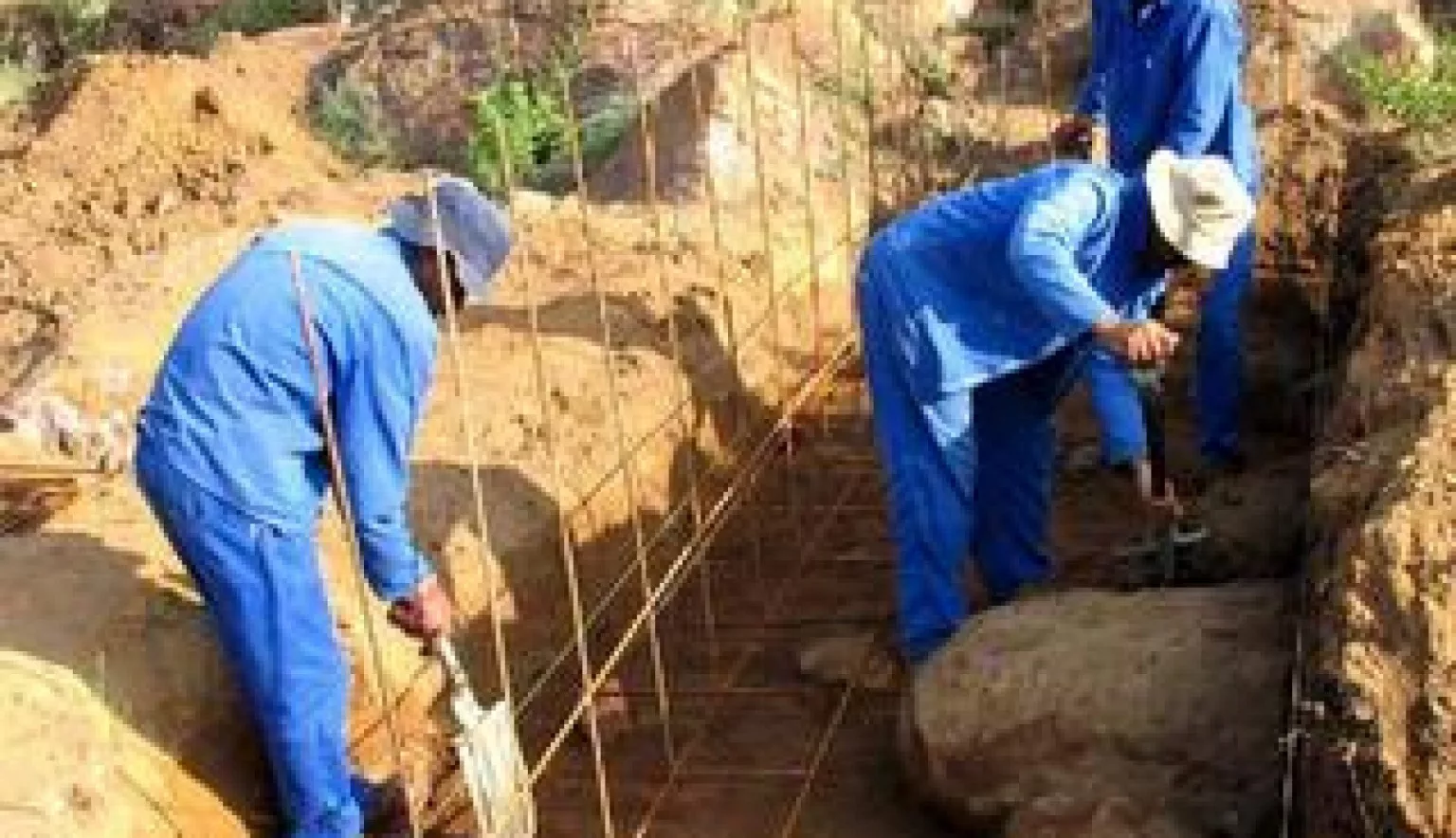Mobile telecoms in Africa: Africa Outlook talks to Willie Pretorius, Director of Operations at Ro-Al Construction, one of the leading players for mobile telecommunications infrastructure construction and maintenance work in South Africa.
HARNESSING THE TELECOMS BOOM
The upsurge in Sub-Saharan African mobile telecommunications has seen South Africa based RO-AL Construction grow tenfold in a decade.
The firm, founded in 1991, began life working on medium-sized industrial, commercial, retail and institutional projects within the Johannesburg area.
In 1995 it extended its operations to mobile telecommunication infrastructure development and maintenance and soon after completed its first project with mobile telecommunications operator Vodacom.
RO-AL never really looked back and in the years since has refocused its attentions to the growing infrastructure for mobile phone networks, seeking ISO9001, ISO8001 and ISO14001 accreditation, and becoming one of the leading players for mobile telecommunications infrastructure construction and maintenance work in South Africa.
Vodacom is still a client.
“It started with Vodacom in Johannesburg and when they expanded we expanded with them. Today we have national coverage, with offices and resources strategically placed throughout the country,” says Willie Pretorius, Director of Operations at Ro-Al Construction.
Ro-Al Construction still has a fantastic relationship with Vodacom and services its GSM network.
“Initially our relationship with them was predominantly around infrastructure maintenance but we’ve diversified to such a point where we can take care of about 80 percent of the various disciplines in that environment nowadays. We cover a lot more than before and we believe in servicing the client with sound quality control principles within a competitive pricing structure and timely delivery.
“We offer a one stop service to the client,” says Pretorius.
The growth of the African telecom sector has been monumental, and it is not only telecom giants that are benefiting from the boom.
“We’re definitely experiencing some really positive business opportunities but financially the economy here in South Africa has cooled down substantially so obviously we are pretty squeezed for margins,” says Pretorius. “Africa telecoms has exploded in the last decade and there is still much more growth to come. We haven’t really started going into Africa just yet and it is something we’re looking at more seriously. There is growth still to come in South Africa but you must remember that it will be substantially lower than we’ve been experiencing. There will always be growth but it won’t be at such steep incline as it was before.”
RO-AL has a strong alliance with Chinese Technology giant Huawei Technologies, a company that has predicted its revenue and investment growth in the next three years in Africa to be up by 30 percent as mobile internet and communication devices penetration expands on the continent.
The company based its vision growth predictions on the fact that Africa is already progressed in most other areas in terms of demand expansion, leading it to pick up both interest and expectations especially for East and South African regions which are experiencing the most profound increase in mobile penetration.
“Huawei are expecting to push penetration through the increasing demand for smartphone devices and other communication devices in the region and we’ve been doing a substantial amount of radio and antenna upgrade work on the telecoms network for them in South Africa and have done quite a bit of work for them in Mozambique and Lesotho in the recent past,” says Pretorius. “That would be one of the doors we were looking at walking through.
“We also have a relationship with Eaton Towers, which is really spreading wings in Africa and they are currently busy with Uganda.”
Eaton, one of a number of specialist players to launch services in Africa in recent years, will build about 100 towers in Uganda, 100 in South Africa and 50 in Ghana during 2013.
“It is a great opportunity to spread our wings,” Pretorius says.
There are challenges though. The main one is skills.
“Finding skilled workers is increasingly problematic,” admits Pretorius. “We do all of our training and development ourselves, we recruit new staff and we take them through apprenticeships and management programmes. It is difficult predicting labour requirements and then allocating the right resources to the right areas.”
All things considered the future is bright. Even in South Africa there is growth potential, with the government targeting 100 percent internet penetration in its ICT Vision 2020 – and achievement of this target depends largely on penetration through mobile devices.
“I am very excited but at the same time it is not an easy road. It will be a challenging journey. We need to be a lot more bullish in our approach towards the market if we want to maintain the momentum going forward.”
To learn more visit www.roal.co.za.





















